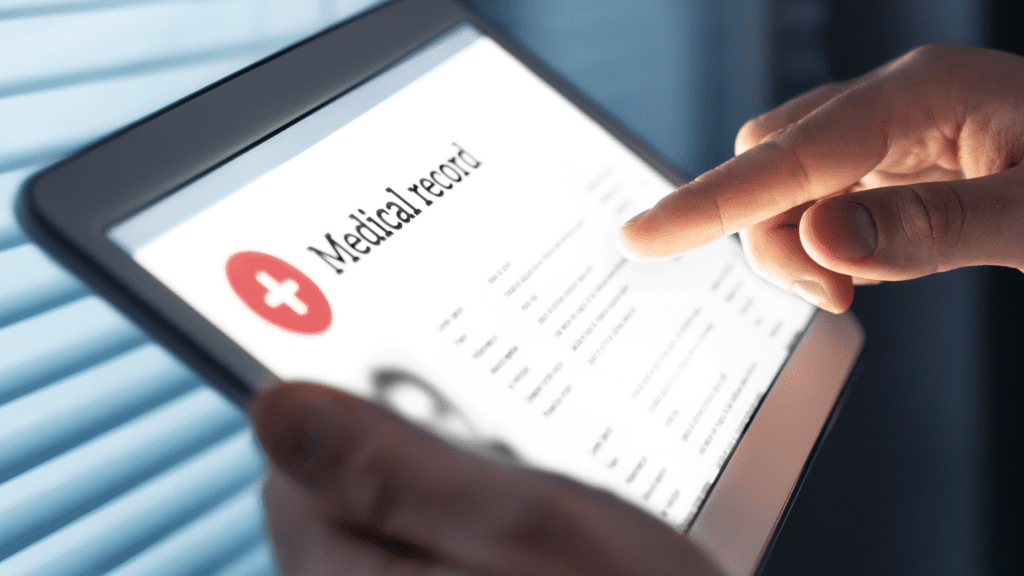- Cybersecurity
- Virtual CISO
- Cybersecurity/CISO Coaching
- Cybersecurity Governance
- Risk & Maturity Assessment
- Vulnerability Assessment
- Penetration Testing
- Social Engineering
- Policy Development
- Security Controls
Cybersecurity
Virtual CISO
The loss of sensitive data can cost a business millions of dollars and severely ...
Cybersecurity/CISO Coaching
Many organizations do not want to pay for a full-time CISO or do not know if they are ready...
Cybersecurity Governance
Cybersecurity governance provides a strategic view of how your organization controls...
Risk & Maturity Assessment
The Cybersecurity Risk & Maturity Assessment (CSMA) is a gap analysis and risk assessment...
Vulnerability Assessment
A vulnerability assessment systematically reviews security weaknesses in IT ecosystems...
Penetration Testing
A penetration test, or pen test, actively identifies, tests, and highlights your organization’s...
Social Engineering
Social engineering is the act of exploiting human weaknesses to gain access to...
Policy Development
With the growing threat of cyberattacks and data breaches—and the potential costs...
Security Controls
At any time, your organization might be running hundreds of security controls...
- Compliance
Compliance
CMMC
Is your manufacturing business prepared for CMMC compliance? Learn what CMMC compliance is...
DFARS
At Right Hand, we understand what it takes for companies doing work within a defense industry ...
NIST CSF
The National Institute of Standards and Technology (NIST), a division of the U.S. Department...
SOC 2
SOC is a suite of reports from the American Institute of Certified Public Accountants (AICPA)...
PCI DSS
PCI DSS designs a set of security standards to ensure that all companies accepting...
ISO 27001
ISO 27001 is a set of standards and requirements for an information security management...
- IT Services
IT Services
Managed IT Services
Is your IT team stretched to the breaking point supporting your business? Have you had...
Supplemental IT Services
Is your in-house IT staff overworked and overburdened managing routine tasks? Do you have...
Help Desk Support
Our Help Desk Services provide businesses with fast, professional IT care at an affordable...
Cloud Services
Cloud computing is transforming the way organizations buy and consume software...
Business Continuity
Is your current IT strategy prepared for the threats that your organization faces every day? From human...
- Industries
Industries
Manufacturing
We are experts in supporting manufacturing companies with their cybersecurity posture and compliance needs such as CMMC so they can win DoD contracts!
Healthcare
You may have found that as your practice has grown, IT maintenance, security, and repair...
Law Firms
A better approach to IT support for law firms is known as Managed IT Services...
Oil & Gas
Cloud computing is transforming the way organization buy and consume software...
Financial Services
Is your current IT strategy prepared for the threats that your organization faces every day? From human..
- Resources
Blogs

Cybersecurity Assessment Guide For Manufacturing Sector

Employee Cybersecurity Awareness Training Guide
- Contact Us
- Cybersecurity
- Virtual CISO
- Cybersecurity/CISO Coaching
- Cybersecurity Governance
- Risk & Maturity Assessment
- Vulnerability Assessment
- Penetration Testing
- Social Engineering
- Policy Development
- Security Controls
Cybersecurity
Virtual CISO
The loss of sensitive data can cost a business millions of dollars and severely ...
Cybersecurity/CISO Coaching
Many organizations do not want to pay for a full-time CISO or do not know if they are ready...
Cybersecurity Governance
Cybersecurity governance provides a strategic view of how your organization controls...
Risk & Maturity Assessment
The Cybersecurity Risk & Maturity Assessment (CSMA) is a gap analysis and risk assessment...
Vulnerability Assessment
A vulnerability assessment systematically reviews security weaknesses in IT ecosystems...
Penetration Testing
A penetration test, or pen test, actively identifies, tests, and highlights your organization’s...
Social Engineering
Social engineering is the act of exploiting human weaknesses to gain access to...
Policy Development
With the growing threat of cyberattacks and data breaches—and the potential costs...
Security Controls
At any time, your organization might be running hundreds of security controls...
- Compliance
Compliance
CMMC
Is your manufacturing business prepared for CMMC compliance? Learn what CMMC compliance is...
DFARS
At Right Hand, we understand what it takes for companies doing work within a defense industry ...
NIST CSF
The National Institute of Standards and Technology (NIST), a division of the U.S. Department...
SOC 2
SOC is a suite of reports from the American Institute of Certified Public Accountants (AICPA)...
PCI DSS
PCI DSS designs a set of security standards to ensure that all companies accepting...
ISO 27001
ISO 27001 is a set of standards and requirements for an information security management...
- IT Services
IT Services
Managed IT Services
Is your IT team stretched to the breaking point supporting your business? Have you had...
Supplemental IT Services
Is your in-house IT staff overworked and overburdened managing routine tasks? Do you have...
Help Desk Support
Our Help Desk Services provide businesses with fast, professional IT care at an affordable...
Cloud Services
Cloud computing is transforming the way organizations buy and consume software...
Business Continuity
Is your current IT strategy prepared for the threats that your organization faces every day? From human...
- Industries
Industries
Manufacturing
We are experts in supporting manufacturing companies with their cybersecurity posture and compliance needs such as CMMC so they can win DoD contracts!
Healthcare
You may have found that as your practice has grown, IT maintenance, security, and repair...
Law Firms
A better approach to IT support for law firms is known as Managed IT Services...
Oil & Gas
Cloud computing is transforming the way organization buy and consume software...
Financial Services
Is your current IT strategy prepared for the threats that your organization faces every day? From human..
- Resources
Blogs

Cybersecurity Assessment Guide For Manufacturing Sector

Employee Cybersecurity Awareness Training Guide
- Contact Us














